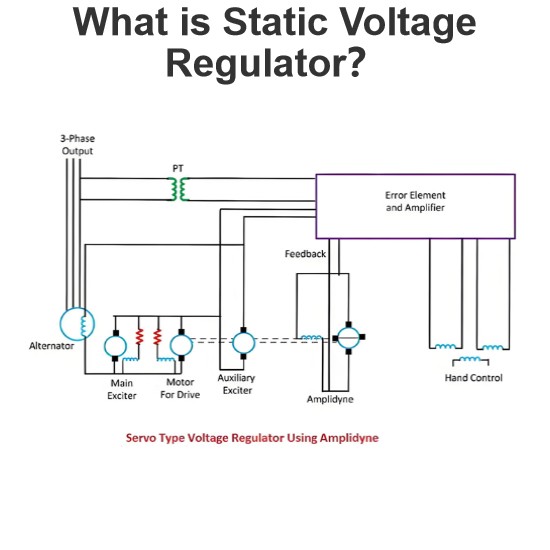What is Available Fault Current?
What is Available Fault Current?
Available Fault Current Definition
Available Fault Current (AFC) is defined as the maximum current available during a fault condition, also known as available short-circuit current.
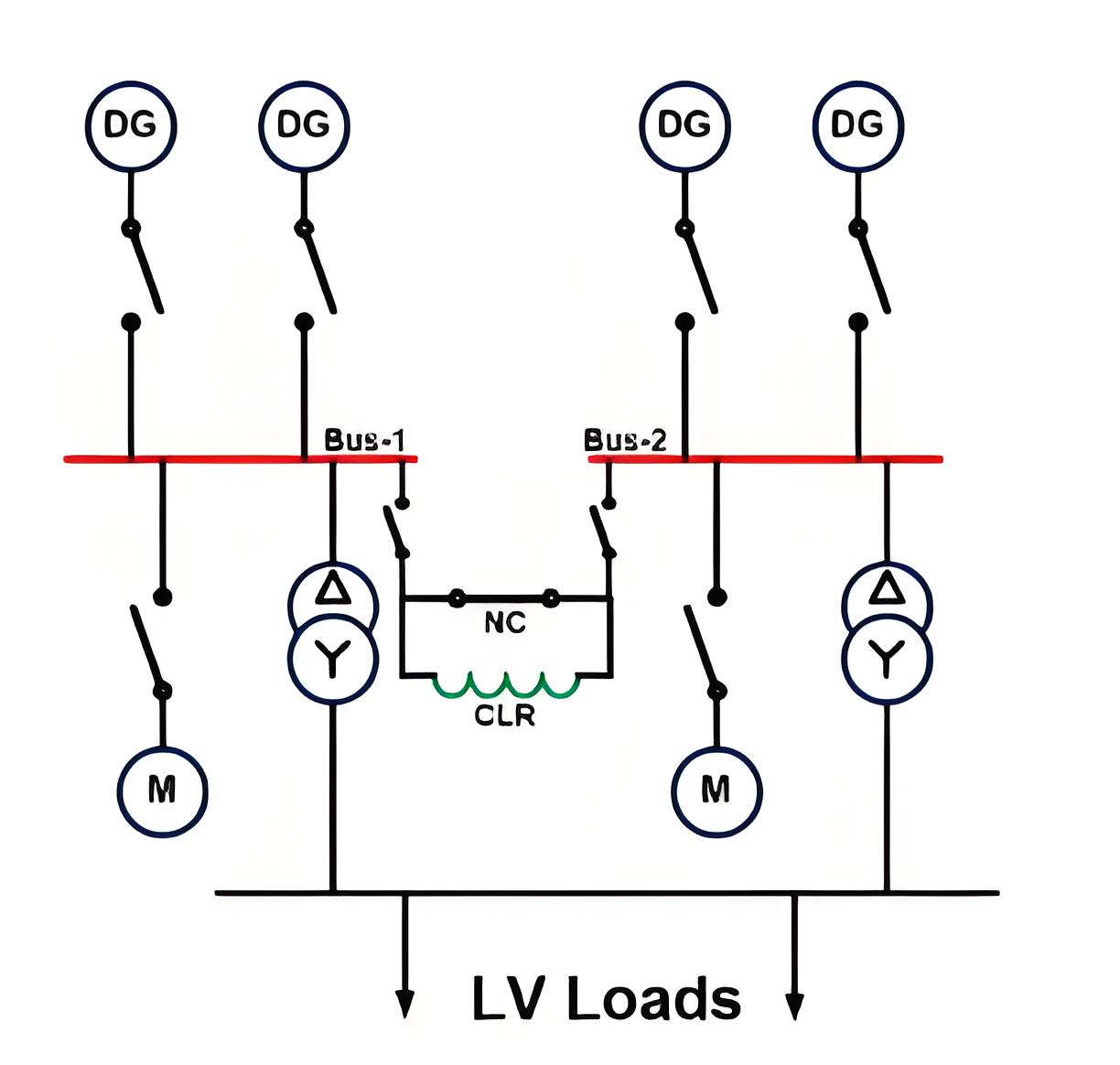
Importance of AFC Marking
AFC must be marked with a calculation date as per the 2011 NFPA 70: NEC section 110.24.
Fault Current Calculation
To calculate fault current, use the system voltage, conductor constant, and length of the service entrance conductor.
Find the system voltage (E_{L-L})
Find the conductor constant (C) from the table
Find the length of the service entrance conductor (L)
Now, using the above values, calculate the value of the multiplier (M) using the below equations.
To find the available fault current at premises, this multiplier (M) is multiplied by the available fault current labeled at the secondary terminal of the utility transformer.
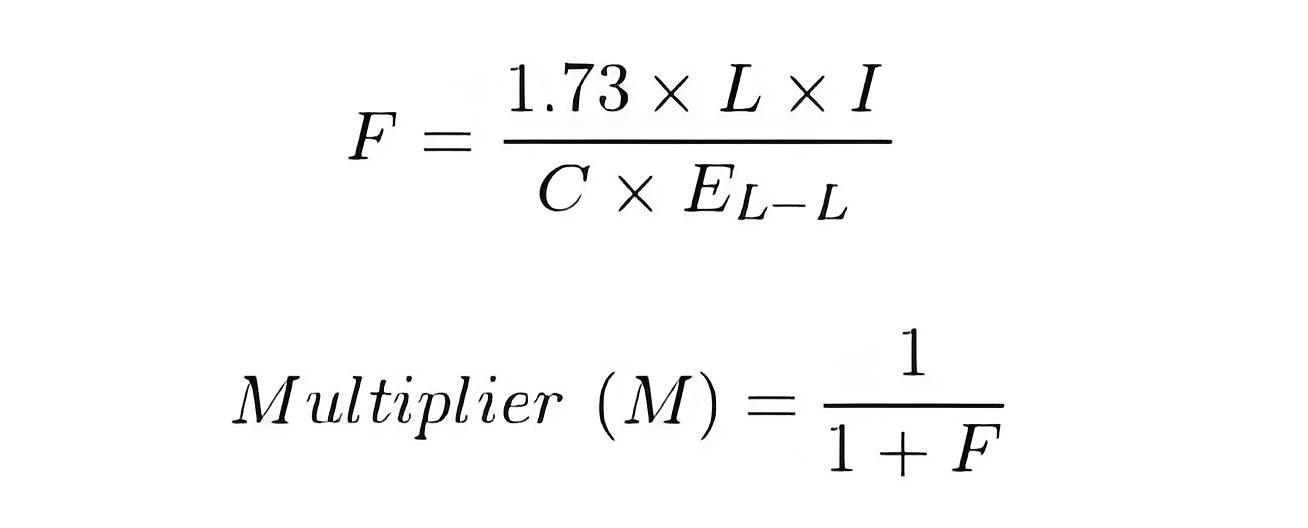
Example Calculation of AFC
In a 480V system, the AFC can be calculated using a given formula and specific parameters, resulting in 18,340A.
Reducing Fault Current
Increasing cable length
Using current limiting reactors
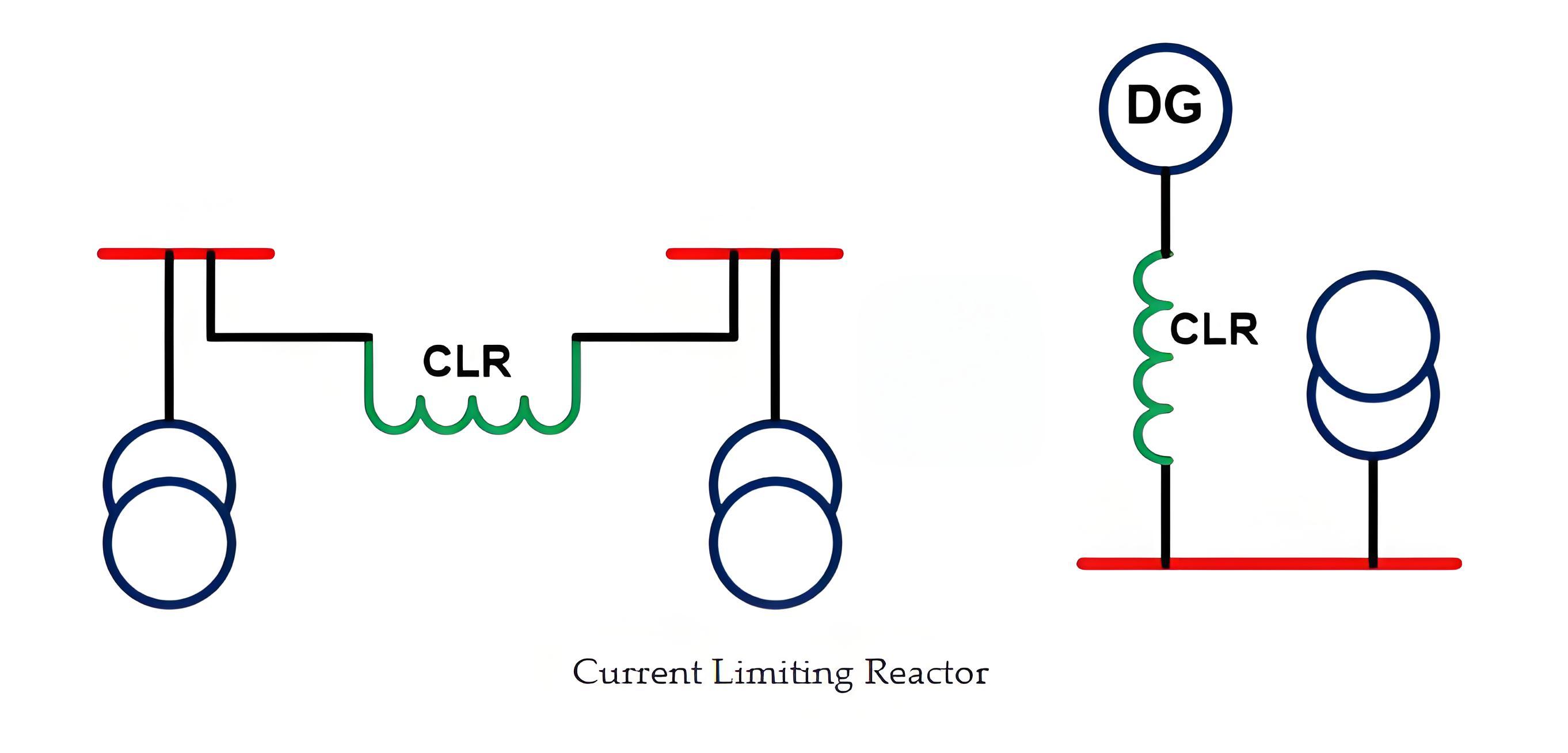
Using current limiting devices
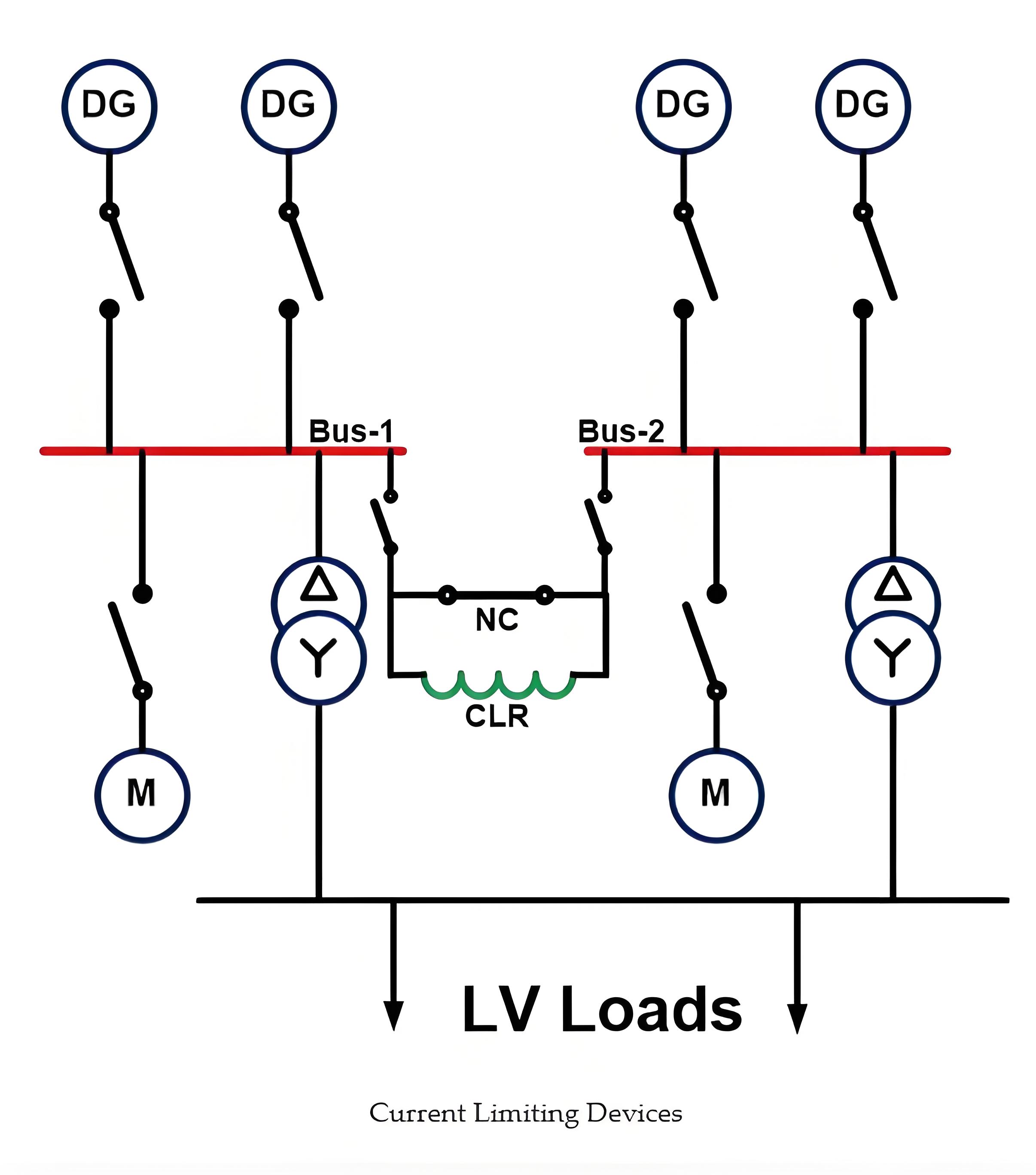
The Electricity Encyclopedia is dedicated to accelerating the dissemination and application of electricity knowledge and adding impetus to the development and innovation of the electricity industry.

